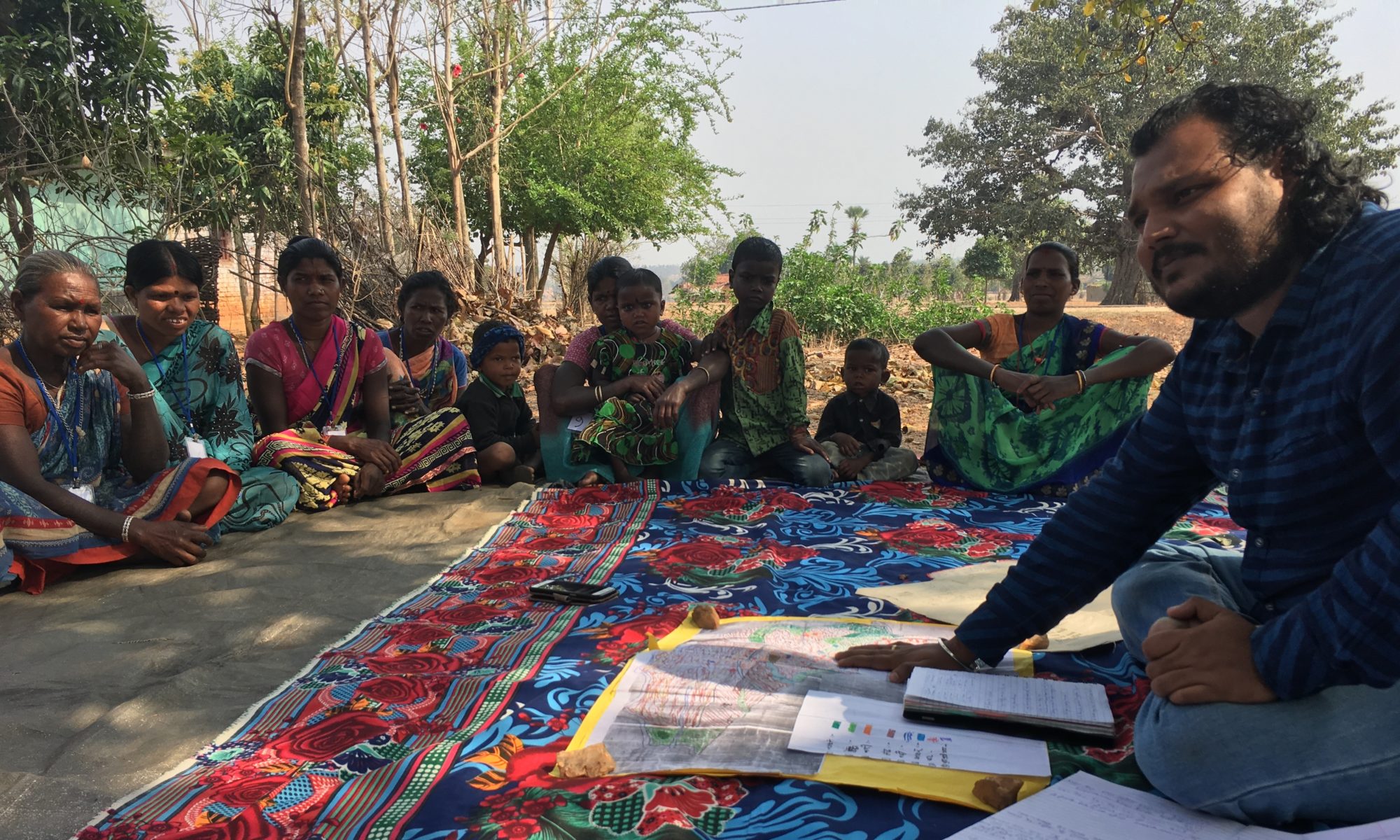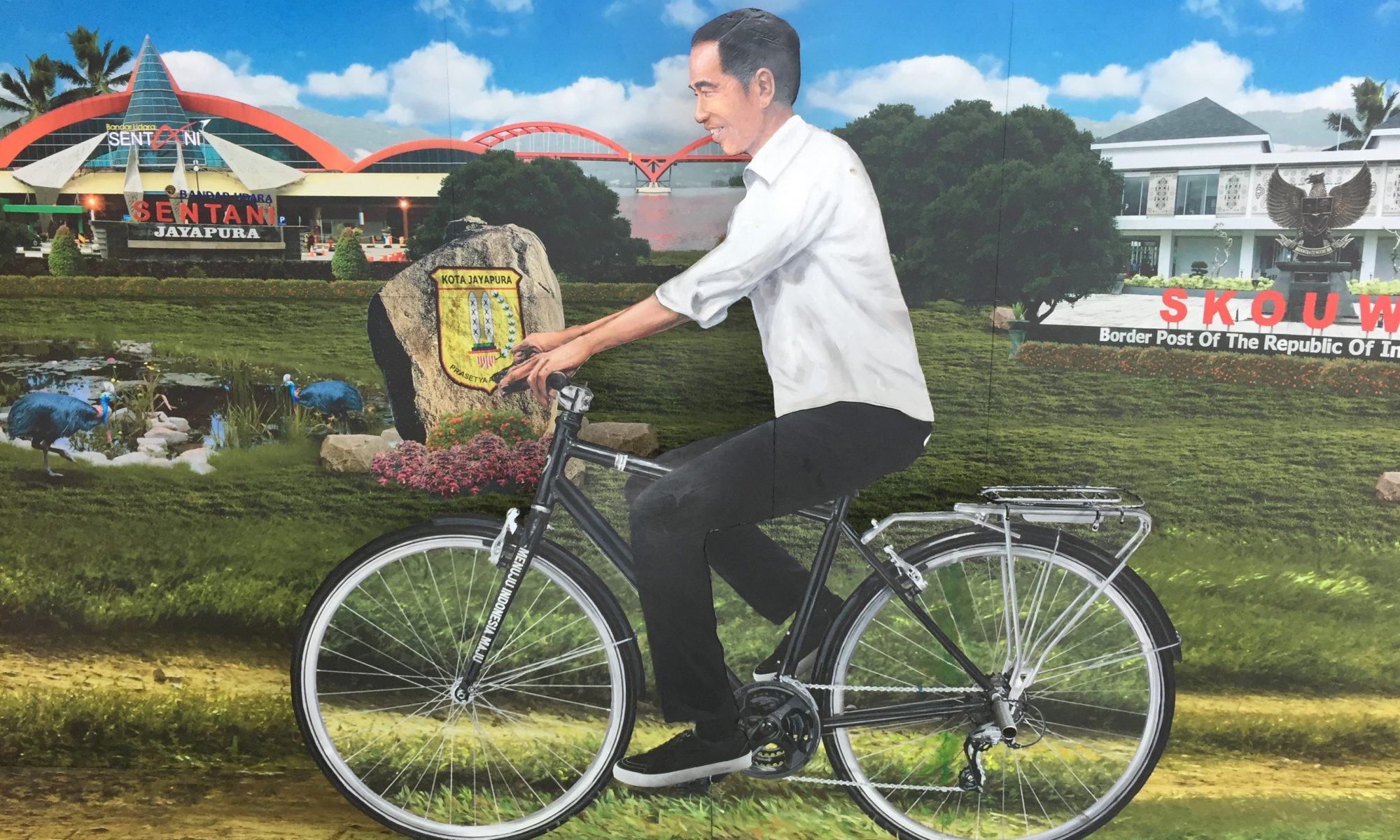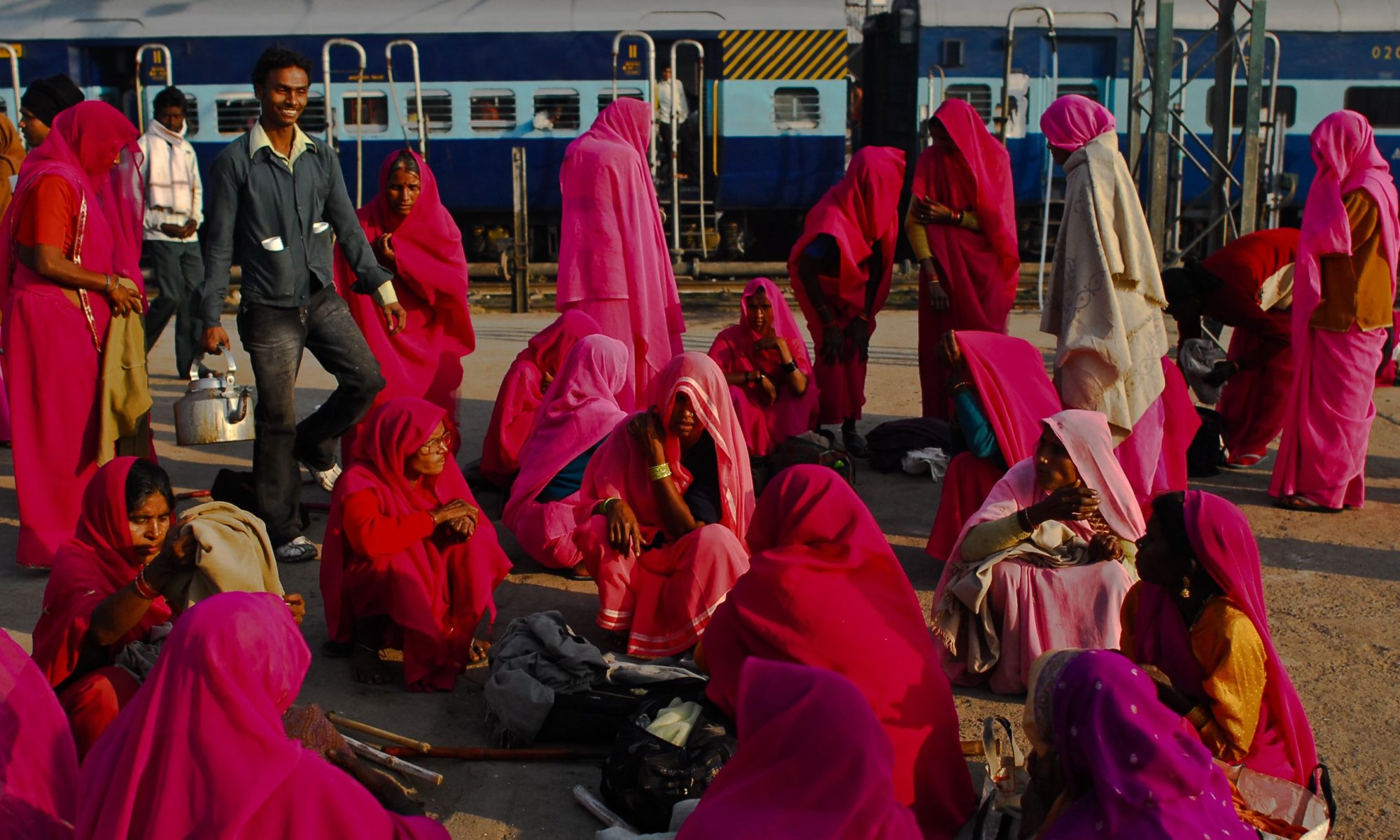By Katarzyna Cieslik, Shreya Sinha, Cees Leeuwis, Tania Eulalia Martínez-Cruz, Nivedita Narain and Bhaskar Vira | EADI/ISS Blog Series
While partnerships between researchers and practitioners from the Global North and Global South can be and often are intellectually and socially impactful, they remain highly unequal. Coloniality pervades these partnerships, influencing who leads research projects implemented in the Global South and whose interests are represented. Here, the conveners and panellists of a roundtable discussion on partnerships in academia that formed part of the recent EADI ISS Conference 2021 propose some steps for decolonising international research partnerships. Continue reading “Some steps for decolonising international research-for-development partnerships”





